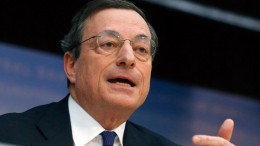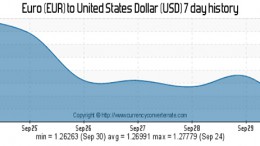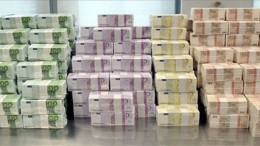ECB’s ABS: not much junk to buy
MADRID | By Julia Pastor | While the idea is spreading that the ECB can become the European “bad bank” if it finally buys securities from Greece and Cyprus, our readers should note that the ABS market is too small in some EU countries such as Spain. Also, many issuers do not even have a credit rating and those who have it would not obtain more than a BBB-. The reality is that there is not much “junk” to buy.




